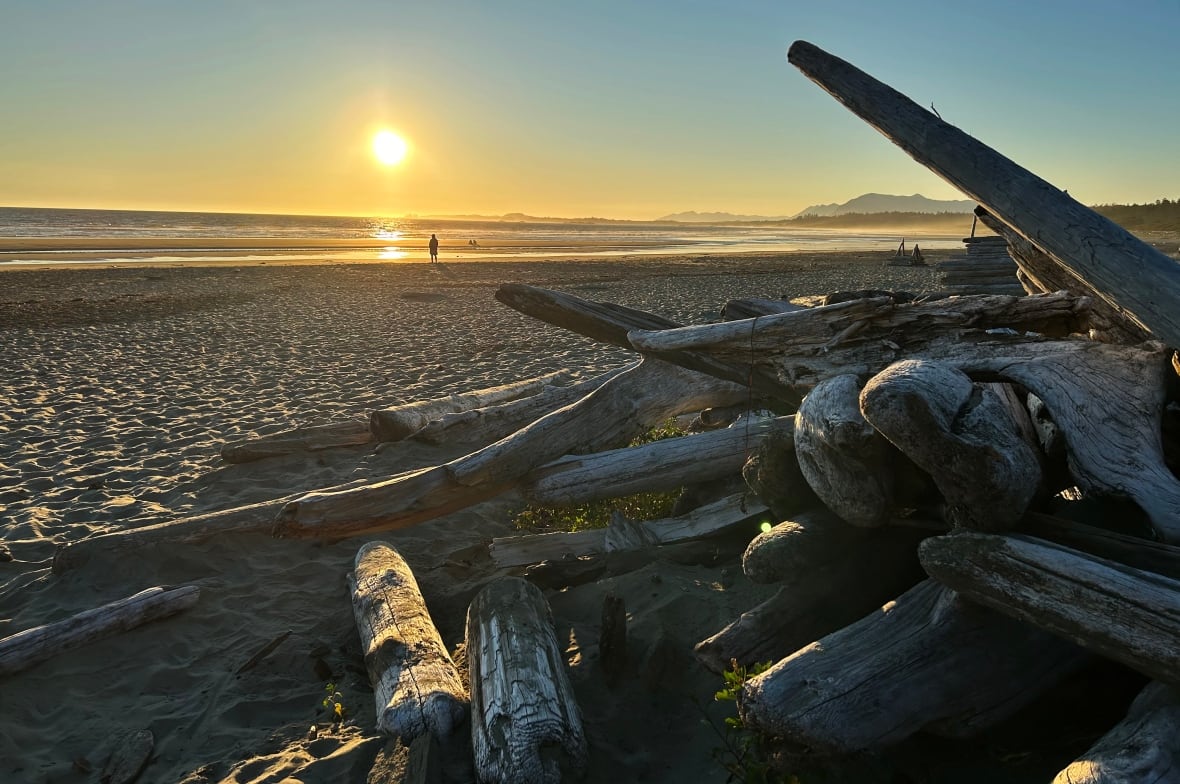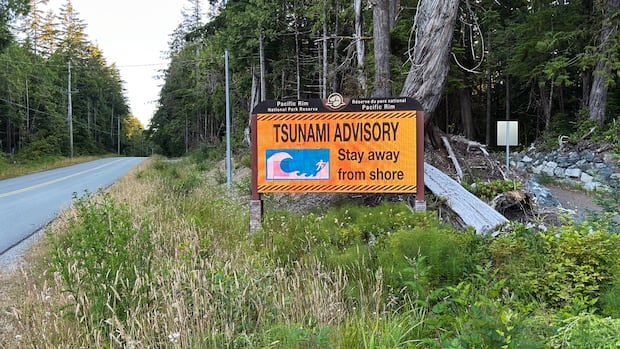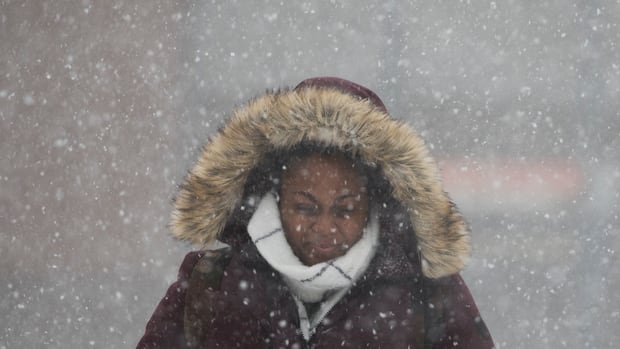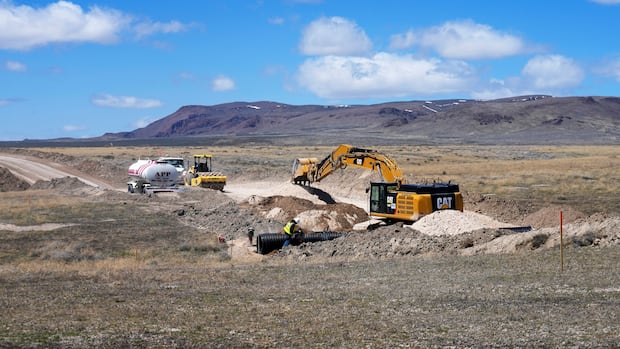The British Columbia government has cancelled a tsunami advisory that was issued after a massive underwater earthquake struck off the coast of Russia — one of the strongest ever recorded.
The advisory initially said tsunami waves of less than 30 centimetres were expected to hit Tofino, B.C., around 11:30 p.m. PT Tuesday. The earthquake was given a preliminary magnitude of 8.8.
Overnight, the U.S. National Oceanic and Atmospheric Administration said the waves were highest in B.C. at Langara Island, on the northern tip of Haida Gwaii, at 27 centimetres.
They were 21 centimetres in Tofino.
The Ministry of Emergency Management and Climate Readiness issued a bulletin Wednesday morning saying the province was standing down its operations centre.
“No zones of coastal British Columbia are at risk. Repeat, no zones of coastal British Columbia are at risk,” the 6:25 a.m. PT bulletin read.
While the advisory was in place, British Columbians were being urged to stay away from the coast.
The District of Tofino had closed beaches and the province’s emergency information agency warned of strong waves and currents.
A tsunami advisory for multiple parts of the B.C. coast was cancelled early Wednesday following a large earthquake in the Pacific basin near Russia on Tuesday.
The quake struck just before 4:25 p.m. PT on Tuesday, about 119 kilometres east-southeast of Petropavlovsk-Kamchatsky, a city of about 180,000 residents in Russia’s Kamchatka region.
The preliminary magnitude of 8.8 would make it the world’s strongest quake since 2011, and one of the 10 most powerful recorded since 1900, according to the U.S. Geological Survey.
Signs alerting people about the now-cancelled tsunami advisory had been posted at Wickaninnish Beach in Pacific Rim National Park, southeast of Tofino, but people continued to take in Tuesday’s sunset, although the parking lot was mostly empty.

Campers at the JX Surf Shop campground between Tofino and Ucluelet on Vancouver Island were glued to their phones Tuesday night searching for news about the tsunami, but most campers appeared to be staying put.
Beyond B.C., the quake sent tsunami waves into Japan, Hawaii and the U.S. West Coast.
Several people were injured, but none gravely, and no major damage has been reported so far.
Authorities warned the risk from the quake could last for hours, and millions of people potentially in the path of the waves were initially told to move away from the shore or seek high ground.
The worst appeared to have passed for many areas, including the U.S., Japan and the affected parts of Russia. But Chile raised its tsunami warning to the highest level for most of its lengthy Pacific coast and said it was evacuating hundreds of people.
In the immediate aftermath of the quake off Russia’s Kamchatka peninsula, residents fled inland as ports flooded, and several were injured while rushing to leave buildings.







